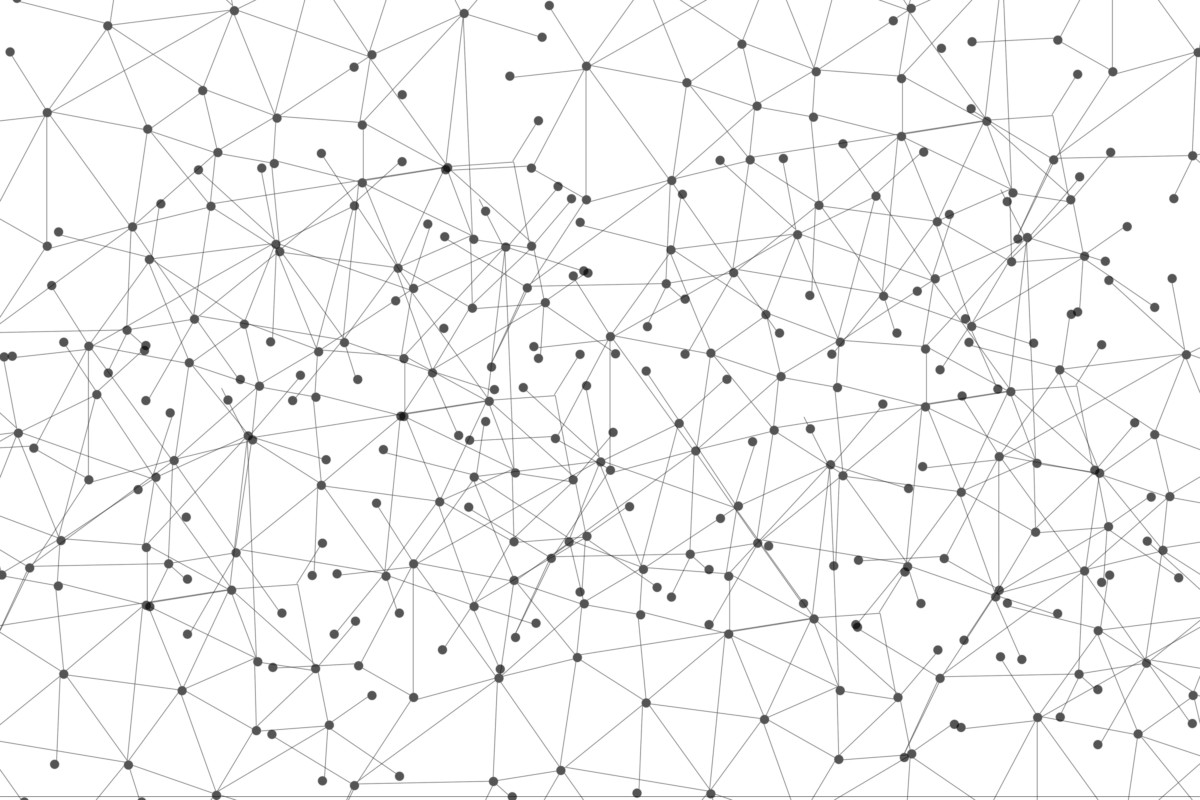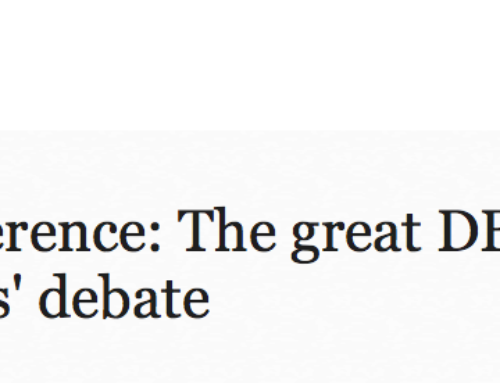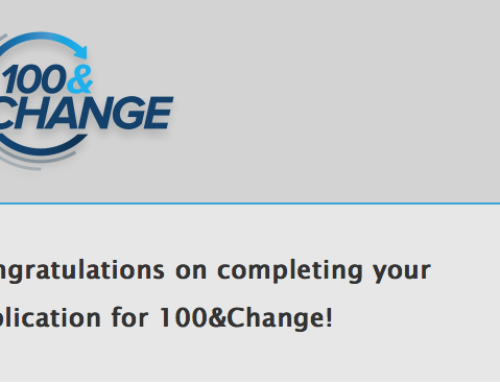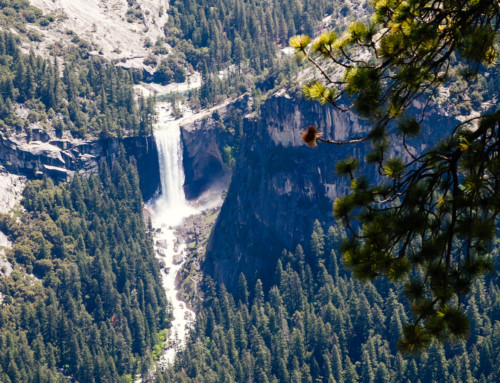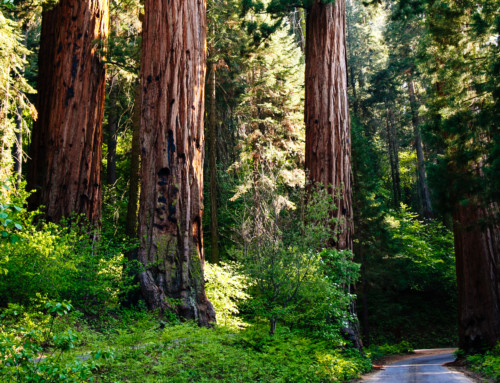visualizing the economy as a network of connections between people for doing work and sharing wealth that evolves and expands endlessly as times change, and people create by design prosperous adaptations to life’s constant changes, episodically adding new connections, and letting others go
The Ancient Greeks knew that the earth was round. A sphere, really. Greek geometers did a respectable job of actually calculating the circumference of the earth, long before they had our technology for launching satellites into the space outside the earth, and our computers for performing complex calculations.
Europeans living in the Dark and Middle Ages, the times between the Fall of Rome and the Age of Discovery, forgot much of what the Greeks once knew. They created for themselves a belief that the earth is flat. Sail out onto the open sea far enough, and you will fall off the edge. What, exactly, you would fall off into is always left a little vague, because these people, after all, didn’t really know what it was that they were talking about.
Today, we know once again that the earth is a sphere. Travel out in any direction, remaining true to your original vector, and you will, in time, return to whence you started.
The economy, however, is flat. Travel far enough out onto the edges of enterprise for trading in technology and you will disappear into the isolation and impoverishment of life in a state of nature, a life that English Enlightenment philosopher Thomas Hobbes famously described as “nasty, brutish and short”. The Leviathan.
The economy is unlike anything found in Nature – a true creation of human insight and initiative – because the economy has no center. To be sure, there are urban clusters of population density where work and wealth are concentrated, but no cluster controls the network. It is self-organizing and ever-changing, endlessly evolving and expanding through the ceaseless energy of human inquiry and ingenuity, making prosperous adaptations to life’s constant changes, constantly, if perhaps somewhat episodically, adding new connections, while letting others fade away.
This network of adaptively evolving and expanding connections is truly global in our times, but it is not truly a sphere. It does not close back in upon itself. There are holes all through this network, pockets of poverty surrounded by prosperity. And there are tattered fringes where prosperity fades into the poverty of subsistence, and less.
Perhaps it is our destiny, as people, to weave this network into a sphere that covers the globe, and to mend the tears that form pockets of poverty even in those places where prosperity is most densely concentrated.
Perhaps not.
Perhaps there will always be some people who, for whatever reason, are unable to establish and maintain a rich network of connections to the riches created through this network of connections that we call the economy. After all, Jesus himself teaches, “the poor will always be with you”.
However that may be, there are skills for becoming and remaining well-connected within this network of connections that must be learned, and can be taught.
Isn’t that – or shouldn’t that be – the true purpose of Education? To teach the skills of becoming and remaining well-connected to an adaptively evolving and expanding network of connections between people for doing work and sharing wealth, a network of connections that we call the economy?
And maybe the true function of government is to preserve and protect the integrity of that network, and its accountability to change, through evolutionary adaptation to change?
And maybe the true function of investment is to recognize value in enterprising ideas from enterprising individuals creating by design prosperous adaptations to life’s constant changes?
Then, it would be the job of enterprise, and enterprising individuals, to see the changes that are taking place in the world about us, and figure out ways of evolving prosperous adaptations to those changes.
And it would be the job of all of us, and each of us, to decide, each for ourselves, whether we like what they have on offer to us, or no.

